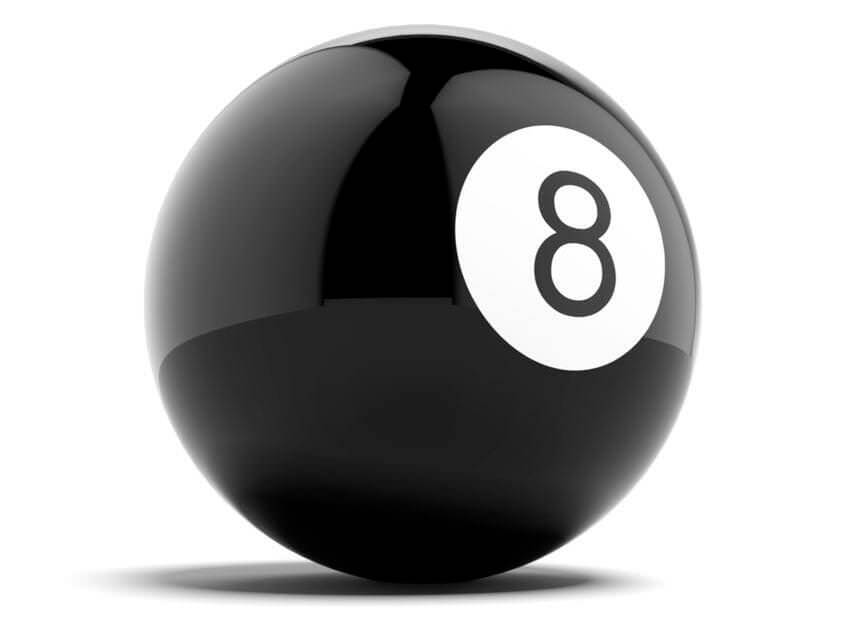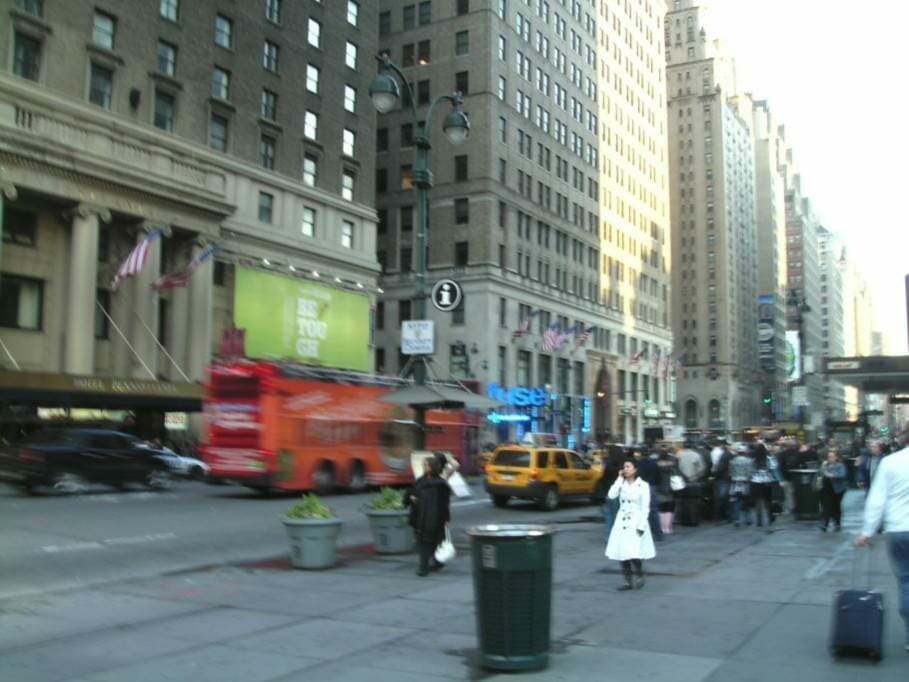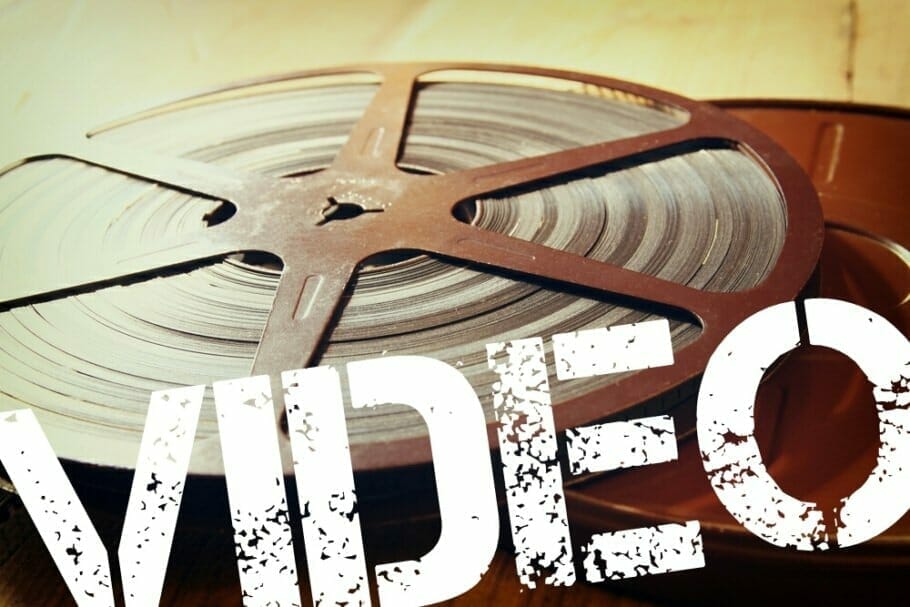For their successful, good life Information you really need: Government-funded publisher, awarded the Global Business Award as Publisher of the Year: Books, Shops, eCourses, data-driven AI-Services. Print and online publications as well as the latest technology go hand in hand - with over 20 years of experience, partners like this Federal Ministry of Education, customers like Samsung, DELL, Telekom or universities. behind it Simone Janson, German Top 10 blogger, referenced in ARD, FAZ, ZEIT, WELT, Wikipedia.
Disclosure & Copyright: Images created as part of a free collaboration with Shutterstock.
Organize more efficiently, live and work more easily: order and minimalism
By Simone Janson (More) • Last updated on October 29.12.2023, XNUMX • First published on 25.02.2020/XNUMX/XNUMX • So far 7720 readers, 2986 social media shares Likes & Reviews (5 / 5) • Read & write comments
We have dealt extensively with the use of technical devices in recent years. And found: They fundamentally change our entire life, including the non-digital areas.

How much digitalization is changing our work and life
Some time ago I was able to experience from my own example how much digitization as a way of life and work is penetrating all of our lives, and explicitly also in the non-digital areas: When hanging up curtains that I had hung on the wrong row of rails, was looking for mine Brain intuitively the reset button.
So far we are, some will think now. But I keep noticing how much and fundamentally not only our user interfaces, but also the way we work and think, change fundamentally due to the introduction of tablets, smartphones and apps.
Label instead of folder: the end of the hierarchical order?
For example, we are used to organizing our work hierarchically to organize, in folders, subfolders and sub-subfolders. We think that things will be easier to find if we sort them well enough. With many technical innovations, however, this no longer works because the principle has changed:
Gmail no longer sorts emails into folders, but into labels and conversations. Likewise, newer user interfaces of PC desktops no longer work according to the drawer principle, but allow us to sort our favorite programs freely according to our wishes without any order constraints - such as Windows 8 or Unity in Ubuntu. Both systems encountered (and still encounter) big ones resistors among users, precisely because the new freedom is confusing.
The application of our thinking
I call the described development appification of our thinking. Or simply continuing the slogan “Simplify your life” “Appify your life”. It is no longer just about simplifying, but about breaking down workflows in as few work steps as possible and making them intuitive, instead of operating in defined structures.
This also and especially applies to the topic of tidying up, which is somehow an ongoing topic when it comes to time management and productivity. Logical, because it is also one of the most widespread Problems, which we have in our overcrowded affluent society and thus in our overcrowded apartments: Order hold and keep track. And digital thinking can help us here too. There are even handy apps that help you get rid of the unnecessary stuff fast and easy to get rid of.
By the way: Just get rid of the stuff
Because for me the most effective Method When it comes to tidying up, it's still: Get rid of the unnecessary stuff - because the more the shelves bend and the more the cupboards overflow, the faster there is disorder again - you can aufräu financing and systematize as long as you want. Conversely, it automatically becomes tidier the emptier it is. My favorite way to stay organized is to clean up in an hour. Because it helps above all chronic procrastinators who don't even know where to start with tidying up because of the sheer mess.
In the end you get three heaps: A for papers and things that you still want to keep. B for things you still need to look through. C for things that you want to throw away and which therefore belong in the wastebasket immediately. Now I suggest this System to expand another bunch: Namely D for papers and things that you merchandise want. The thing with selling is also a psychological trick: we only keep many things because they are too good to throw away. If we let them Money we can break up much easier. And this is exactly where the smartphone helps to save time.
Selling as a psychological trick
Probably the most well-known option is Ebay – also the one with the greatest reach. But the effort to click through the various options on Ebay is immense - especially on small screens. Ebay has made it easier to list items over time. Nevertheless, when I think of Ebay, I forget that now Lustto sell something.
I prefer to dispose of objects in other ways, by giving them away, donating or throwing them away. It's quick and - if you sometimes Honestly is - are the earning opportunities on Ebay, apart from technical devices, but rather meager. Those who earn well from it are various parcel carriers. It's hardly worth posting things and taking them to the post office for that.
Simplify your mind
In fact, over time there have been - and still are - a number of apps and services that should and should make it easier to lend, give away or sell unnecessary things. However, no service was long enough to break the magical hurdle in user numbers. The crux of the matter is often the limited reach, through which the own offer is usually accessible to a comparatively small community with members who are represented locally locally.
The approaches were often good, for example the now liquidated Stuffle app - a combination of words from Stuff and Sale - that helped get rid of things quickly and for cash. Your advantage was that all the things that make Ebay so daunting were omitted here: the setting including the photo is only two clicks away. And the annoying sending does not apply because you offer the thing like at the flea market around the corner - the location-based service of smartphones sends its regards. PR specialist Markus Mayr described it like this at the time:
“Rummage: This is probably the best thing that a flea market has to offer. And that is now also available digitally. Like right now? Ever heard of Ebay? OK, Ebay and consorts have been around for a while. But it couldn't be much easier than stuffing - buying and selling, browsing around the corner. And that is exactly Stuffle's strength: the "around the corner". Because the app shows - based on the localization function of the smartphone - offers from the area, broken down by distance (1 km, 3 km, 5 km, etc.). ”
And social media expert Nico Kirch has also extensively tested the app. His conclusion sounded like he had the Simplify-your-Lifeapp par excellence: And just like at the real flea market, it was even possible to bargain!
“The app has a very limited range of functions, almost minimalistic. And that's exactly what excites me! Just browse quietly, no long descriptions and no distracting categories. browse, find, negotiate, buy. The app does exactly what it was made to do. Not more but also not less. Personally, I'm thrilled!"
5 tips to apply our thinking
These examples show that digitization and the application of our thinking can significantly simplify our life and the way we make order. The question now is: How do we adapt our old way of working to this new way of thinking? Here are some tips on how we can use all of our work, not just our smartphone, to simplify it considerably.
- eMails no longer sort: How many folders and labels for yours eMails have you? And how much time do you spend with that eMails to be sorted accordingly? And what does it do for you if you are really looking for a message? Just! I have found that I am for eMails Use the search function far more often than going through the relevant folders. So we can give ourselves the expense of sorting.
- Appify the desk: The disadvantage of paper documents is that there is no search function. Apart from that, the problem is similar to that of eMails: If you have too many folders, then you won't find anything. This can be remedied by electronically entering important information as soon as possible and otherwise throwing it away mercilessly. What does not help, however, is to set up several containers as a collecting basin for documents and sort them somehow.
- Appify the apartment: As a rule, there are too many unnecessary objects piled up in our apartments that only burden us. Now you can sort out what you no longer need, but you will still need some things. The solution is to combine functions as much as possible - for example, a multi-functional food processor instead of many different devices.
- Appify the computer screen: Previously, desktops were mainly sorted in menus and folders. On newer desktops, such as Windows 8, this is suddenly different and leads to general confusion. The annoying classification of programs in menus is no longer necessary. In Linux Unity, I now only use the search function to find a specific program. This is much easier and faster than creating an individual menu.
- Appify the Internet: At first that sounds absurd, since Internet applications are ideally already approved for mobile functions. In fact, it's more about our surfing habits: Instead of sorting bookmarks into folders, for example, you can use services like Delicious to find information that you find. And even when surfing the web itself, we should not proceed hierarchically, but rather be guided intuitively by the flow of information.
Here writes for you
 Simone Janson is publisher, Consultant and one of the 10 most important German bloggers Blogger Relevance Index. She is also head of the Institute's job pictures Yourweb, with which she donates money for sustainable projects. According to ZEIT owns her trademarked blog Best of HR – Berufebilder.de® to the most important blogs for careers, professions and the world of work. More about her im Career. All texts by Simone Janson.
Simone Janson is publisher, Consultant and one of the 10 most important German bloggers Blogger Relevance Index. She is also head of the Institute's job pictures Yourweb, with which she donates money for sustainable projects. According to ZEIT owns her trademarked blog Best of HR – Berufebilder.de® to the most important blogs for careers, professions and the world of work. More about her im Career. All texts by Simone Janson.









Post a Comment